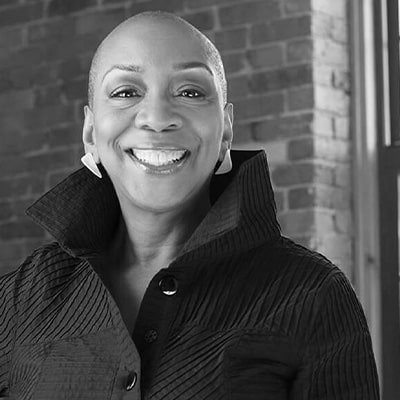“Finance is the gun. Politics is knowing when to pull the trigger.”
– Don Lucchesi, The Godfather, Coda: The Death of Don Corleone
Since the start of the new presidential administration, several economic boycotts have been launched to divert American spending as a means of political protest. Activist groups are encouraging Americans to refrain from making any purchases, buying anything electronically, or supporting other than small businesses for periods of 24 hours, one week, one month and more.
The boycotts intersect with social media trends focusing on reducing personal overconsumption throughout the year. Online calendars list the monthly boycott targets from now to July 4th. The impact of the 2025 boycotts are being measured through online website traffic, app use and in-store foot traffic. However, it may be too early to tell the overall financial impact.

In response to the rescinding of Target’s DEI programs, Atlanta-based pastor Reverend Jamal Bryant has organized a 40-day spending fast that began on March 5, 2025 (Ash Wednesday) to continue through the Lenten season. Many participants express support for the blackout as part of a broader commitment to redirect spending away from mainstream corporations that have also retreated from their DEI initiatives like Amazon and Walmart.
Inversely, Rev. Al Sharpton’s “buy in,” announced last January, encourages shoppers to patronize brands that hold the DEI line. By mid-March Costco reported 13 straight weeks of increased foot traffic.
I love that Bryant calls his boycott a fast. The convenience and speed of Amazon Prime has allowed me to bypass actually getting up and going somewhere, not to mention the ease of clicking check out without looking closely and consciously at my spending.
Fortunately, my early in life, “for us by us” political commitment still prompts me to support mostly minority and women-owned businesses and services, including all of my medical providers. Patronizing my favorite cultural creatives is the reason my look stays “so fresh and so clean.”
The administration’s assault on DEI programs also impacts many major cultural non-profit organizations, including museums, arts centers, public media outlets, government-funded endowments like the Smithsonian Institution, PBS, NPR, NEH, the NEA, and even March On! The damming of these national funding streams stops the flow to arts, culture and media organizations in our local communities.
Using boycotts to make an economic point toward political transformation is nothing new. One lesser known boycott may be a better indicator of how long it takes to impact significant change. In fact, it was the longest economic boycott in US history.
Launched in 1966 and led by Charles Evers, after the assassination of his brother, Civil Rights leader Medgar Evers, African American residents in Claiborne County, Mississippi stopped buying from local white-owned businesses for six years. In that time, local African American small businesses flourished due to the redirected spending.
In 1969, Evers was elected Mayor of Fayetteville, the first African American elected since Reconstruction. It was the same year the white merchants filed suit against the boycotters, with the Mississippi Supreme court ruling in their favor. That ruling was challenged and eventually led to the landmark case NAACP v. Claiborne Hardware Co. of 1982 where the Supreme Court of the U.S. reversed the state court’s decision.
It takes courage, planning, large-scale cooperation, sacrifice and commitment to wage a long game like an economic boycott and stick with it. It also requires us to strategically redirect our spending power to support the businesses and cultural institutions we value, including March On!
We’re not even 100 days into this administration. Yet we are already being called to seriously reevaluate how we use our dollars, and to champion those enterprises that truly sustain and enrich us.
May we stay the course!




